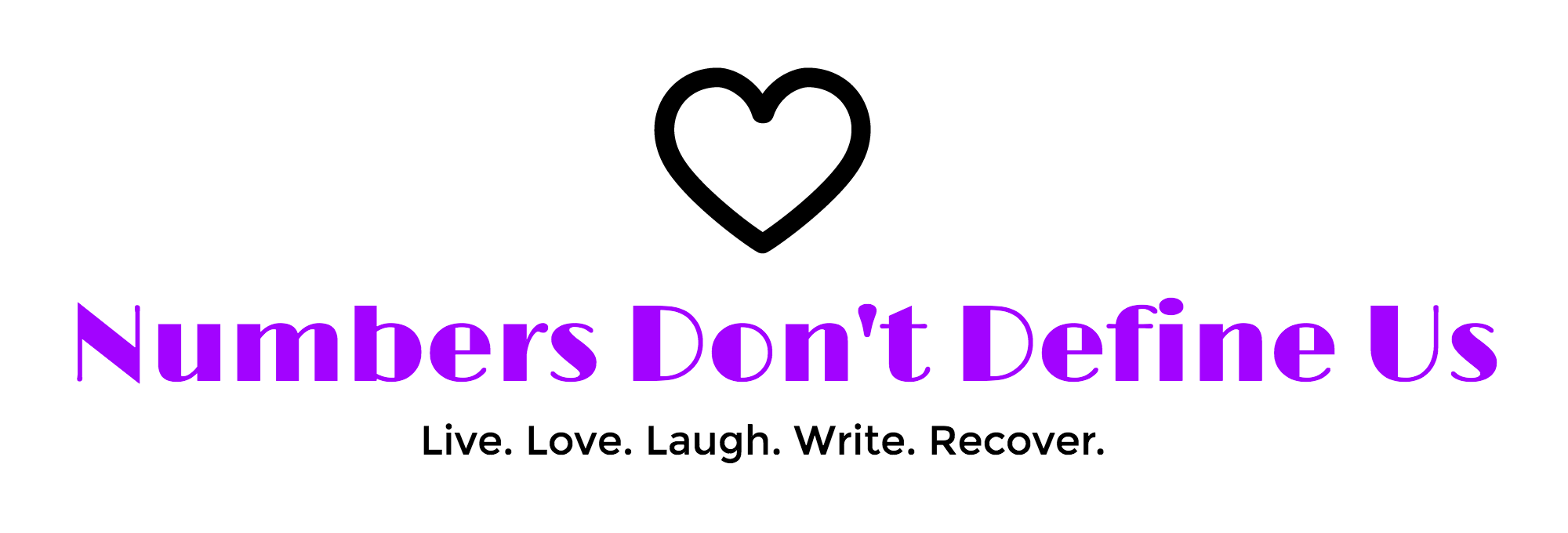Treatment: Taking the Leap of Faith
“Let today be the day you love yourself enough to no longer just dream of a better life; let it be the day you act upon it.”
Throughout my seventeen years of life, I have collectively spent around 365 nights not sleeping in my own bed because of my unrelenting eating disorder. These nights were the hardest of my life….the suffocating silence forced me to sit with my thoughts, to listen to how I was feeling inside, and to acknowledge that I had a long way to go. These nights spent at treatment facilities were so bitter cold, and because of this, I was forced to create my own internal warmth for sustainable comfort. Although my time at residential and impatient was filled with many minutes spent sobbing into my phone, begging my mother to have mercy and bring me back home, I can now look back upon these seemingly traumatic experiences with infinite gratitude—for the reason I am even able to look back upon my life is because I am alive. And I owe this simple, yet beautiful fact to treatment.
I used to think that accepting help was a sign of weakness, for it seemed synonymous with admitting I wasn’t strong enough to fight my own battles. However, embracing help is actually the greatest sign of strength….accepting that right now, you may not be in a position to fend for yourself takes a sense of elevated enlightenment that not many possess. Giving yourself up for a little while, to the greater force of recovery, is both humbling and exalting. Admitting yourself to treatment requires an immense internal will, for without will, one would give up before the process really even began to bloom.
While at treatment, I was overwhelmed with how much I used to take for granted….Thoughts I never expected to have, such as “people who get to flush their own toilets are so lucky!” and “people who have the liberty to sleep without having a flashlight shined in their faces ten times a night are blessed” constantly ran through my mind. Everyday was basically the same monotonous, unbearable routine: wake up at 7, get ready for vitals and weigh-in, eat breakfast, post-breakfast mood monitoring, goal setting, morning snack, take meds, group therapy, eat lunch, post-lunch mood monitoring, & so on and so forth. But as time went on, as this daily routine became increasingly familiar, I felt myself healing, both physically and emotionally. Small, precious triumphs such as not judging myself when I looked in the mirror or helping cheer-up a fellow, mystified inpatient just starting the process or realizing that I was worthy in a journaling session began to occur more and more often. Through the storm, I witnessed the pieces being blown back into place. I began to truly be excited about doing things—during free time, I no longer opted to take a nap, but instead went on outings, exploring the lovely world even if just for 45 minutes.
In physics, I recently learned that the coefficient of static friction is always greater than that of kinetic friction for a given surface because it is harder to get objects in motion than keep them in motion. Recovery, I realize, is exactly like that….the hardest step is merely initiating the process, taking that first leap of faith into the unknown, accepting the treatment available to you. However, once you begin the healing process, it is hard, but not merely as hard as it was before. Because now, in treatment, you encounter the mental tools needed to not merely survive, but live. And suddenly, you don’t need to push with all your strength to feel self-love—slowly, but surely, it begins to come naturally, an ingrained quality that makes you feel whole once again.
